In today’s interconnected world, the outcome of elections in Washington, London, Brussels, or even a Pacific island can ripple across New Delhi’s diplomatic corridors.
Global elections don’t just shift power within countries—they reshape global alliances, trade priorities, security doctrines, and more.
And in 2025, India is more strategically alert than ever before.
This blog explores how recent and upcoming elections around the world are influencing India’s foreign policy—diplomatic choices, trade strategies, military alignments, and global image.
🧭 Why India Watches Global Elections Closely
India is no longer a passive observer on the global stage. As one of the world’s largest economies and a rising strategic power, India must recalibrate its policies based on who’s elected in:
The United States
China's top leadership changes
European Union member nations
Neighbours like Bangladesh, Sri Lanka, and Nepal
Middle Eastern powers (UAE, Saudi Arabia, Iran)
African democracies and partners in the Global South
Every change in leadership can affect:
Bilateral ties
Trade deals
Defense partnerships
Immigration and diaspora issues
India’s role in multilateral institutions (UN, G20, BRICS)
🇺🇸 1. U.S. Elections and Their Huge Impact
The United States remains one of India’s most critical global partners.
From defence and cybersecurity to education and climate, the occupant of the White House deeply shapes Indo-US ties.
Example:
Under President Biden, India saw enhanced cooperation on:
Quad (with Japan and Australia)
Semiconductor partnerships
Green energy investments
But H-1B visa issues and tech regulations remain contested
If the next U.S. election results in a more isolationist president, India might:
Rebalance toward European and Asian partnerships
Step up efforts for self-reliant defence production
Push for diaspora rights more aggressively
🇨🇳 2. China’s Leadership Dynamics = Strategic Calculations
While China doesn’t hold open democratic elections, its internal power transitions have massive geopolitical outcomes.
India carefully watches:
Leadership reshuffles within the Chinese Communist Party
Military posturing along the LAC (Line of Actual Control)
Economic policy direction (especially in tech, trade, and debt diplomacy)
In recent years:
Post-Galwan tensions have led India to reduce dependency on Chinese imports
China’s "Wolf Warrior" diplomacy has pushed India to deepen ties with Taiwan and ASEAN
A more aggressive Chinese stance may push India to accelerate defence ties with the West
Evolving Chinese leadership priorities will continue to impact:
Border dialogues
BRICS and SCO positioning
Indo-Pacific naval strategy
🇪🇺 3. European Elections: Trade, Tech, and Human Rights
As individual European countries elect new leaders, India recalibrates its engagement on:
Free Trade Agreements (especially with the EU bloc)
Green energy partnerships
Defence procurement (France, Germany are key players)
Key trends shaping India's response:
Post-Brexit UK now negotiates separately with India; leadership shifts in London affect trade timelines
France’s stance on global terrorism and Indo-Pacific security aligns well with India's
Human rights rhetoric from Nordic countries or the EU Parliament sometimes leads to diplomatic tension, especially post-Article 370 or CAA debates
But overall, a stable EU leadership supports India’s push to become a preferred trade and tech partner.
🕌 4. Elections in West Asia: India’s Energy & Diaspora Interests
India has deep ties with countries like:
UAE (remittances, business)
Saudi Arabia (energy security)
Iran (strategic location near Pakistan)
Leadership changes in these countries—even ceremonial ones—affect:
Oil pricing and trade
India’s Chabahar port project in Iran
Security of Indian workers (especially in the Gulf)
India balances between U.S.-Israel alliances and its need for stable ties with Arab nations—a careful dance that becomes trickier when leadership changes hands.
🌏 5. Neighbours Matter: South Asia’s Democratic Shifts
India’s foreign policy is most sensitive to changes in its immediate neighbourhood:
Bangladesh:
Elections here affect:
Cross-border water sharing
Rohingya refugee policy
Cultural and economic ties
A pro-India government ensures stability; any leadership change could fuel anti-India narratives
Nepal:
Politics often swings between India-aligned and China-leaning coalitions
Leadership changes can lead to border disputes or trade tensions
Sri Lanka:
Post-crisis leadership changes may reshape:
Indian investments in infrastructure
Strategic influence in the Indian Ocean
India maintains a "Neighbourhood First" policy, but must often switch between assertive diplomacy and soft power engagement, depending on electoral outcomes.
🌐 6. Multilateral Diplomacy: India’s Global Image
India’s stance on global forums (like the UN, WTO, and G20) is increasingly influenced by:
Who’s in power in Western democracies
Which regions are shifting toward multipolarity
How coalitions of the Global South evolve
With changing leadership in Africa, Latin America, and Southeast Asia:
India projects itself as a voice for the Global South
Promotes reform of multilateral institutions
Pushes for permanent UNSC membership
Recent global elections that brought left-leaning leaders to power (e.g., in Brazil, Colombia) help India build consensus on:
Climate justice
Vaccine equity
Development finance reforms
🔄 7. Shifting Strategic Alliances
As leadership changes worldwide, India adjusts its:
Defence partnerships (e.g., U.S., France, Israel)
Cyber and AI collaboration
Space diplomacy
India is now cautious not to depend on any single power bloc, and instead promotes a multi-alignment approach:
QUAD with U.S., Japan, Australia
IBSA with Brazil and South Africa
ISA (International Solar Alliance) across continents
G20 presidency to push emerging economy concerns
Global elections determine whether these forums thrive or stumble, directly impacting India’s diplomatic priorities.
✅ Final Thoughts: Foreign Policy in the Age of Political Flux
In the past, foreign policy was a slow-moving realm, driven by tradition and bureaucracy.
But in 2025, global leadership changes come fast and furious, and India must pivot accordingly.
Today, Indian foreign policy isn’t just reactive—it’s strategically anticipatory.
India tracks global elections because:
Trade terms change
Military doctrines shift
Strategic trust is rebuilt—or broken
Diplomatic access either widens or narrows
With global stakes higher than ever, India’s foreign policy is now a real-time chess game, where every election—at home or abroad—moves a piece on the board.
📌 Related Posts
“Why Every Indian Voter Should Care About Federalism”
“How the Election Commission of India Maintains Credibility”


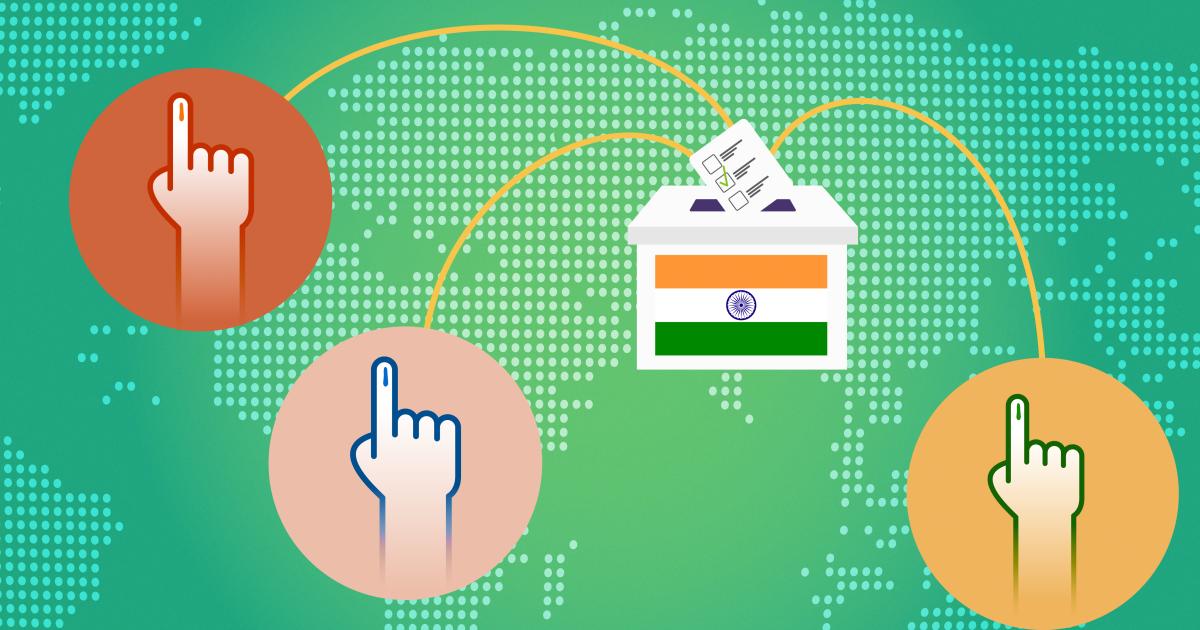

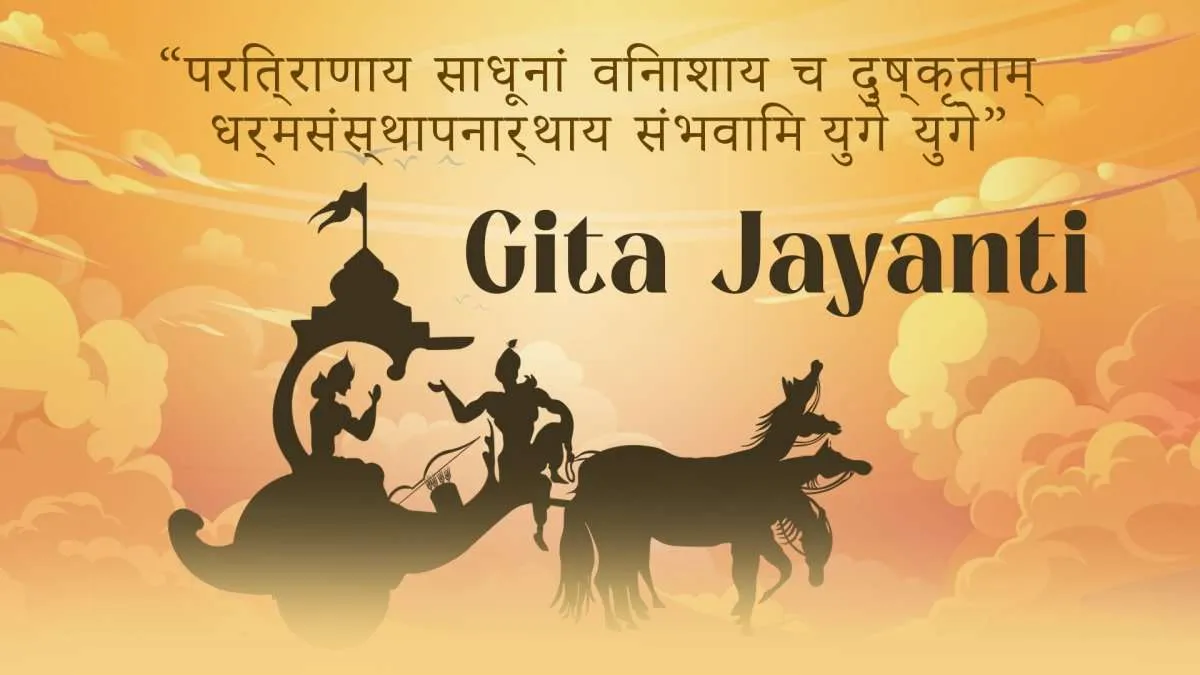
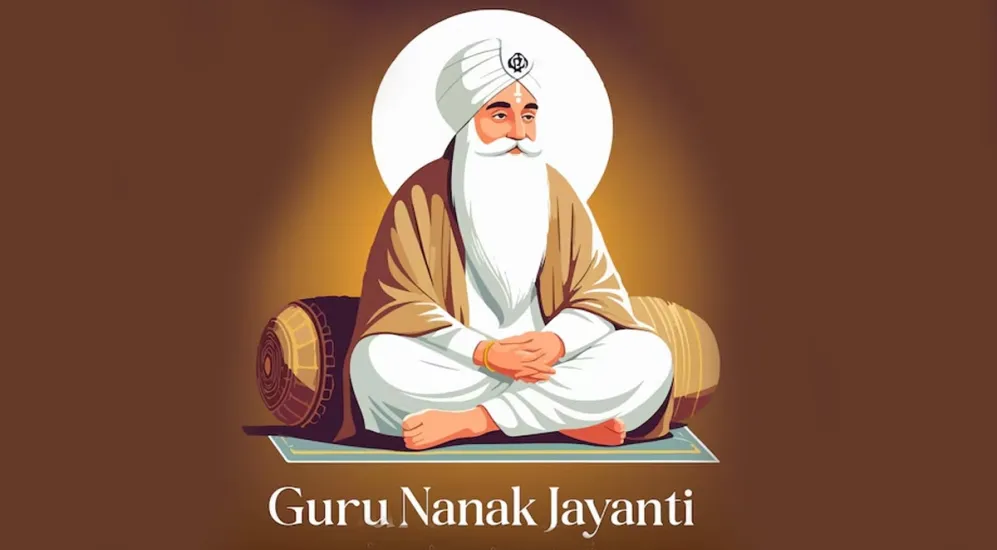
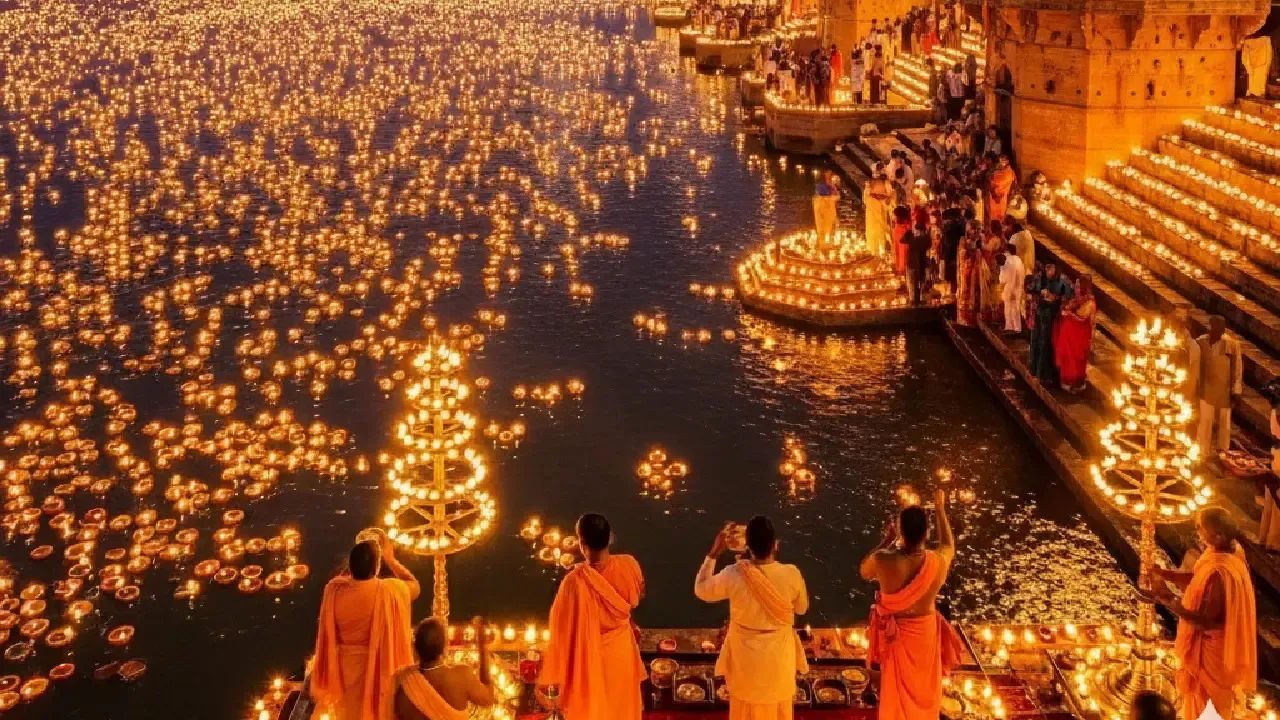



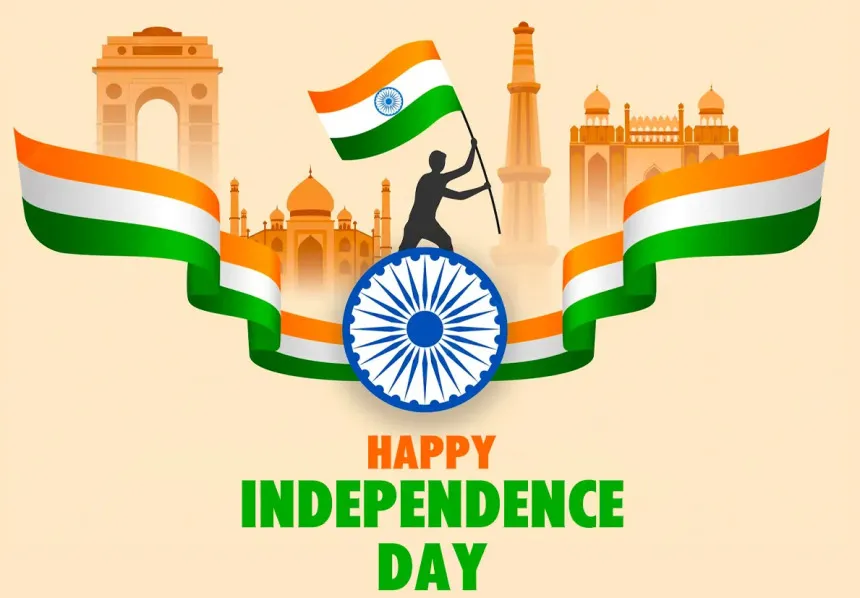

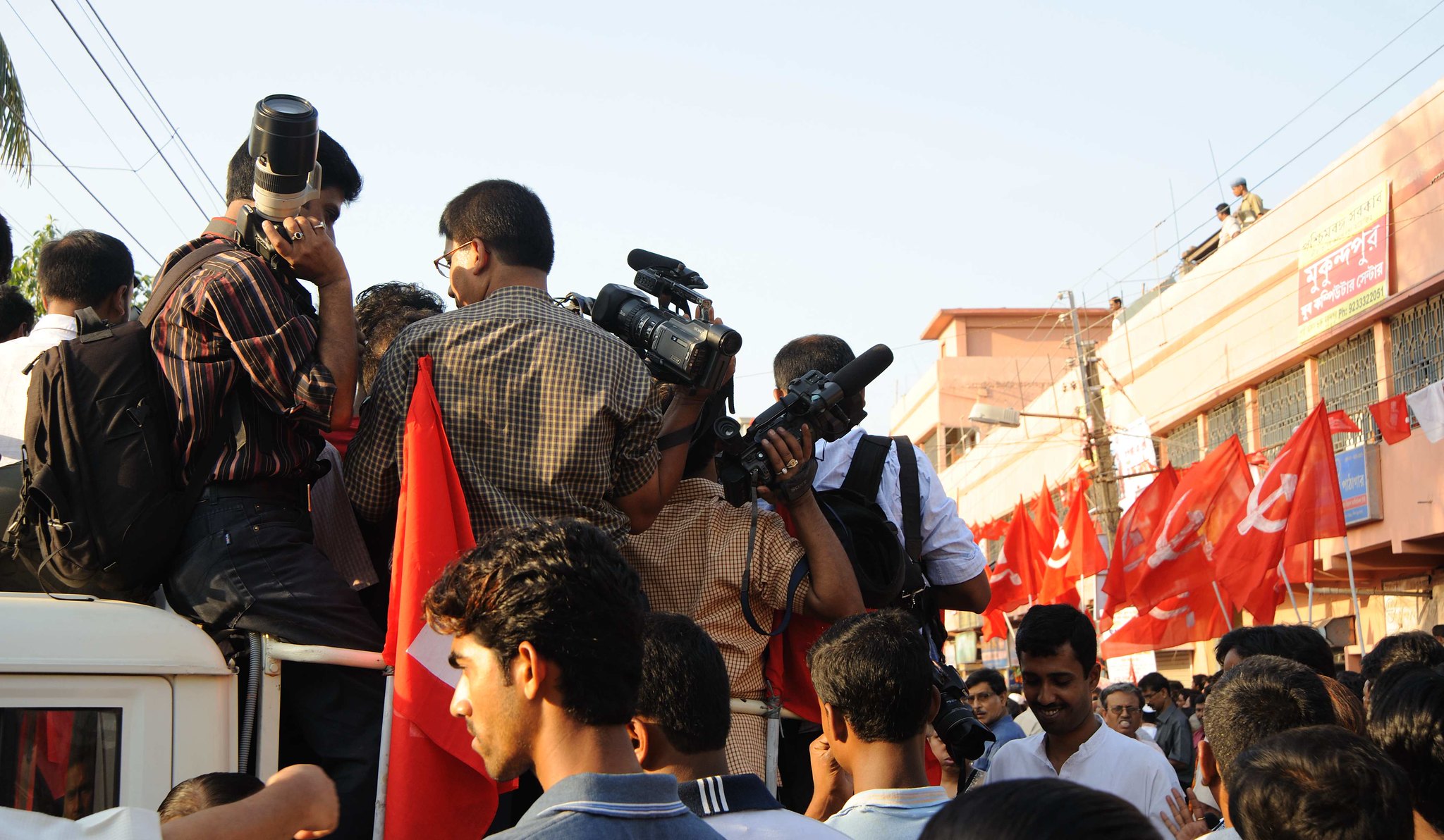
Recent Comments
No comments yet.